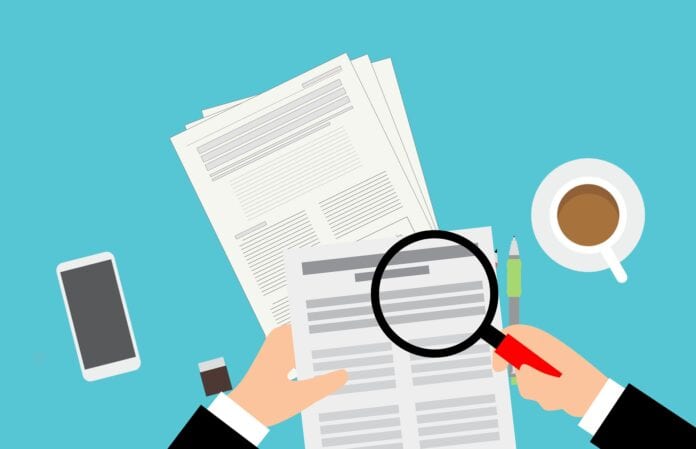Before a consumer goes through any sort of transaction with a specific entity, an address verification process is performed. Clients’ identities cannot be properly validated without their legitimate address data, and incorrect information in this case can lead to identity theft and fraud. The most significant verification step in this process is confirming the existence of a client’s specified address. The address verification method then checks to see if the stated address belongs to the entity that is claiming it. As a result, this procedure assures the trustworthiness of clients and their transactions.
Why Use Address Verification Solutions?
Enhanced Planning
In order to plan efficiently, businesses require precise addresses. Consider FedEx: the corporation delivers a lot of packages daily because it has the complete address information of its clients. It organizes them by region before making deliveries. Without the suitable mailing lists, this would have been nearly impossible.
Streamlined Invoice Management
In several parts of the globe, invoices aren’t deemed acceptable unless the vendor’s and purchaser’s data are complete and accurate. This includes their address information too. As a result, firms must have correct addresses in order to issue invoices. Otherwise, they might also have to deal with the Internal Revenue Service (IRS). Hence, solutions associated with online verification of address can help.
Targeted Marketing Campaigns
We are living in an age where emails are frequently used. Businesses collect physical mail and other relevant materials on a routine basis. These materials are obtained especially to gain insights about an intended audience. Later, marketers only distribute to specific addresses to ensure that the firm gets the highest value for money.
In which ways can an address can be verified?
Address verification techniques that speed up onboarding, automate enrollment and help in improved compliance and fraud detection are now possible thanks to technological advancements. Developing a credible proof of address system does not require a single magical tool. Instead, cutting-edge authentication capabilities are created by combining advanced technologies like AI and ML. Moving on, the following portion outlines different ways on how to validate an address?
Residence
Address verification is a popular way of verifying one’s personal information. The address is an important subset of this information. People enter their addresses, which are then compared to data on their payment cards, utility bills, and other relevant sources. Verified addresses ensure that ID data is consistent and hierarchically aligned for inspection. The system may provide a match or no-match sign if the individual has lived at a particular location for a long time.
It’s important to note that the effectiveness of this sort of matching technique is contingent on the availability of current address information. Address verification is a crucial step in establishing the legitimacy of an individual’s identity verification . An individual is linked to a geographical place by an address that matches their recognized identity card, particularly if they have resided there for a long period. Because customers are more likely to keep their cell records consistent than others, mobile network provider data is considered to be the most dependable address information.
IP address
The person’s online form contains a slew of confidential information elements. Furthermore, the IP address can provide additional geographic data points for address verification. An IP address identifies the user through the internet. The IP address will then be used to know the exact location.
To see if there is a connection, the provided address will be compared to the IP information. While an IP address may offer geolocation data, do take into account that this data isn’t always correct. People might be connected to a large network that routes them to a non-local system, or they may be using a VPN to hide their true position.
Geolocation
Geolocation is yet another category of location data that may be used to determine an address. Hackers will find it difficult to fake or alter GPS data. It’s because it sends out a proximity signal that’s usually accurate to within 120 meters. It can be an effective indicator for identifying a specific location. Scammers can be identified easily if they try to manipulate this information.
Help keep news FREE for our readers
Supporting your local community newspaper/online news outlet is crucial now more than ever. If you believe in independent journalism, then consider making a valuable contribution by making a one-time or monthly donation. We operate in rural areas where providing unbiased news can be challenging. Read More About Supporting The West Wales Chronicle
























